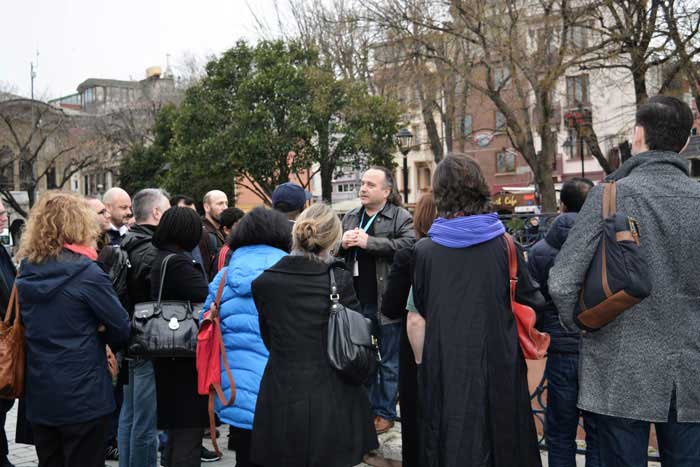Mitanni Kingdom and Cultural Influence
Establishment and Rule of the Mitanni Kingdom
The Hurri civilization emerged in eastern Anatolia and was governed by the Mitanni kingdom, led by a king with Indian descent. Positioned between the Hittites and Assyria, the Hurrians originated from the mountains south of the Caspian Sea. In the late 15th century B.C., the beginning of the Hittite Empire saw an increase in Hurrian names within the royal family Hatti Civilization.
Distinct Hurri Language and Cultural Legacy
The Hurri language stood as a distinct entity, separate from others. The culture and language of the Hurri civilization were extensively utilized by Urartians and Hittites in the subsequent centuries. Their gods exhibited similarities to Hittite deities, leading many to suspect a Hurrian influence.
Title: Heraclitus of Ephesus: Influential Greek Philosopher
Introduction to Heraclitus
Heraclitus of Ephesus, a Greek philosopher born around 540–480 BC, was exceptionally creative and influential. Predating Socrates, Heraclitus critiqued conventional beliefs and challenged the authority of poets and perceived wise individuals in a prose known for its obscurity.
Heraclitus’ Philosophical Focus
His surviving work consists of over 100 epigrammatic sentences, resembling proverbs found in ‘wisdom’ literature. Heraclitus’ central philosophy revolves around the radical thesis that ‘Everything is in flux,’ akin to the constant flow of a river. However Customized Daily Istanbul Tours, this phrase is an oversimplification of his ideas, as he continually shifts focus between the objective, everlasting processes of nature and ordinary human beliefs and values.
Worldview and Philosophical Challenge
Heraclitus prompts individuals to grapple, both theoretically and practically, with the reality of living in a world ‘that no god or human has made.’ Describing it as ‘an ever-living fire kindling in measures and going out in measures,’ he offers a unique perspective that challenges prevailing views of his time.








